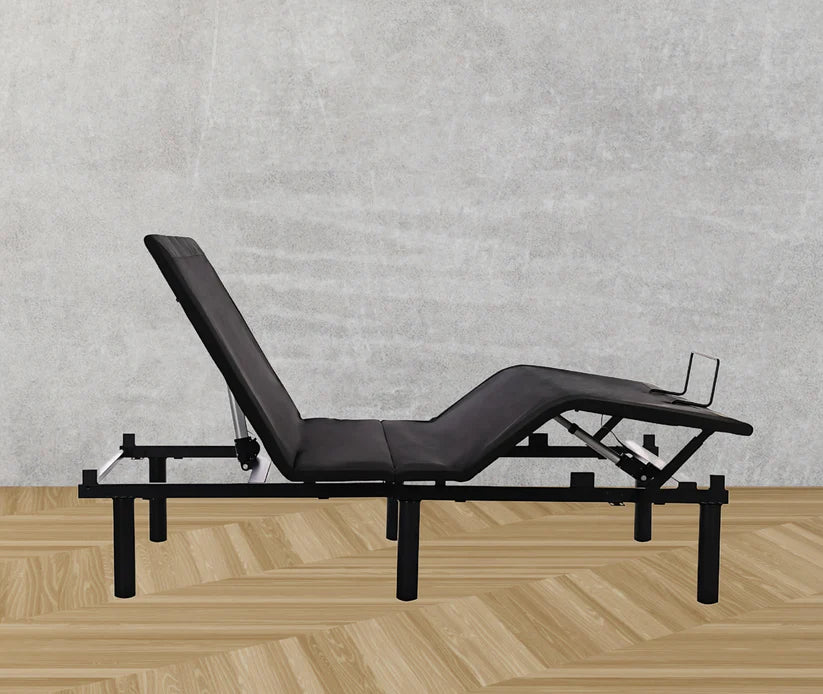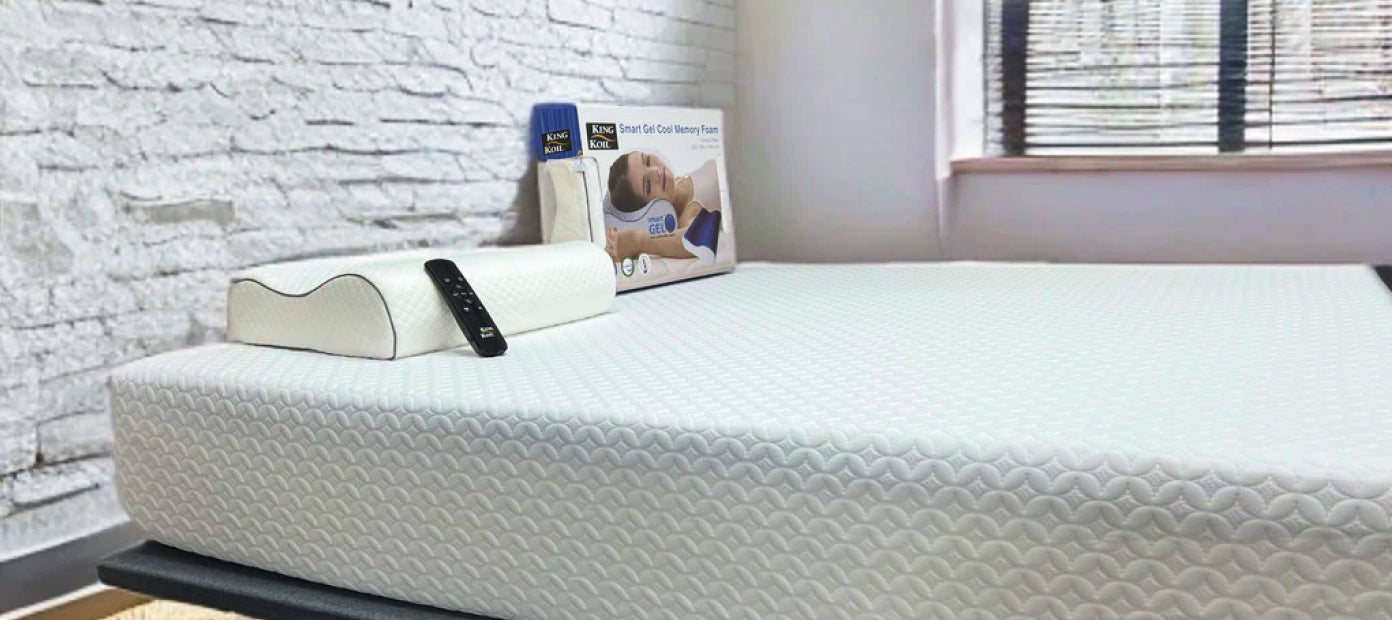We all know that sleep is essential for our overall health and well-being. However, did you know that lack of sleep can lead to various health problems? According to the National Sleep Foundation, adults should get 7-9 hours of sleep every night. But with our busy lifestyles, it's not always possible to get enough sleep. Good sleep is essential for our physical and mental well-being. While many factors can affect our sleep quality, including stress, environment, and lifestyle, our diet also plays a crucial role. In this blog post, we’ll explore the connection between diet and sleep and share foods that can help you sleep better.
- Fatigue and lack of energy
- Increased stress levels
- Weakened immune system
- Increased risk of chronic health problems like obesity, diabetes, and cardiovascular disease
- Mood swings and irritability
- Decreased cognitive function and memory loss
So, how can we ensure that we get a good night's sleep? One answer lies in our diet and our sleep environment.

But before that let's understand how what you eat affects the quality of your sleep? Eating certain foods can help you sleep better, while others can disrupt your sleep. Here are some ways that your diet affects your sleep:
Caffeine: Drinking coffee or tea, or consuming other caffeine-containing foods like chocolate, can keep you awake and disrupt your sleep.
Heavy, spicy, or fatty foods: These foods can cause discomfort and indigestion, making it difficult to fall asleep or stay asleep.
High-carb, low-fibre diet: Eating a diet that's high in refined carbs and low in fibre can lead to blood sugar fluctuations that can disrupt your sleep.
Certain foods can promote sleep: Some foods, like cherries, kiwi, and almonds, are rich in melatonin, a hormone that helps regulate sleep.
With food, sleep products like an adjustable base, a mattress topper, and a comfortable pillow can also enhance your sleep experience.
So, what are the best foods to eat for better sleep? Here are five foods that can help you sleep better:
- Cherries - Cherries are a natural source of melatonin, a hormone that regulates sleep-wake cycles. Eating cherries or drinking cherry juice can help you fall asleep faster and stay asleep longer.
- Kiwi - Kiwis are rich in serotonin, a neurotransmitter that regulates sleep. Eating kiwis before bed can help you fall asleep faster and sleep more soundly.
- Almonds - Almonds are a good source of magnesium, a mineral that promotes relaxation and helps you fall asleep faster. Eating a handful of almonds before bed can help you sleep better.
- Warm Milk - Warm milk is a classic bedtime drink for a reason. Milk contains tryptophan, an amino acid that promotes relaxation and sleep. Drinking warm milk before bed can help you fall asleep faster and sleep more soundly.
- Bananas - Bananas are a good source of magnesium and potassium, two minerals that promote relaxation and help you fall asleep faster. Eating a banana before bed can help you sleep better.
Remember The 4Ps
Apart from incorporating sleep-promoting foods into your diet, it's also essential to follow the 4Ps of a sleep-friendly diet. These include:
- Protein-rich breakfast: Eating a protein-rich breakfast can help regulate your sleep-wake cycle and improve sleep quality.
- Plenty of fluids: Staying hydrated is essential for overall health and can help you sleep better. However, avoid drinking too many fluids before bedtime to prevent frequent trips to the bathroom.
- Plan ahead: Planning your meals ahead of time can help you make healthy food choices and avoid eating heavy, spicy, or fatty foods before bedtime.
- Proper sleep environment: Creating a comfortable sleep environment with a quality mattress, pillow, and bedding can help you get better quality sleep. Keeping a consistent sleep schedule can also help you get quality rest.
In conclusion, our diet plays a crucial role in our sleep quality. By incorporating sleep-promoting foods into our diet, we can improve our sleep quality and wake up feeling refreshed and energized. Remember, good sleep is essential for our physical and mental well-being, so make sure you prioritize it in your life. And if you're in the market for sleep products, check out Sleep Shop for a range of high-quality sleep products to help you get the best night's sleep possible.
Food is not the only factor that determines how well we sleep. We must also consider our sleep environment and lifestyle habits.
Our products are designed to help you create the perfect sleep environment. From mattresses and pillows to bedding and mattress protectors, we have all the products you need to create the perfect sleep sanctuary in your home. A connection between Food and Sleep can't be ignored. For example an adjustable base can help keep your airways open, reducing sleep apnea and snoring, while the right food can enhance your sleep.






Leave a Comment
Your email address will not be published. Required fields are marked * Comments must be approved before they are published.